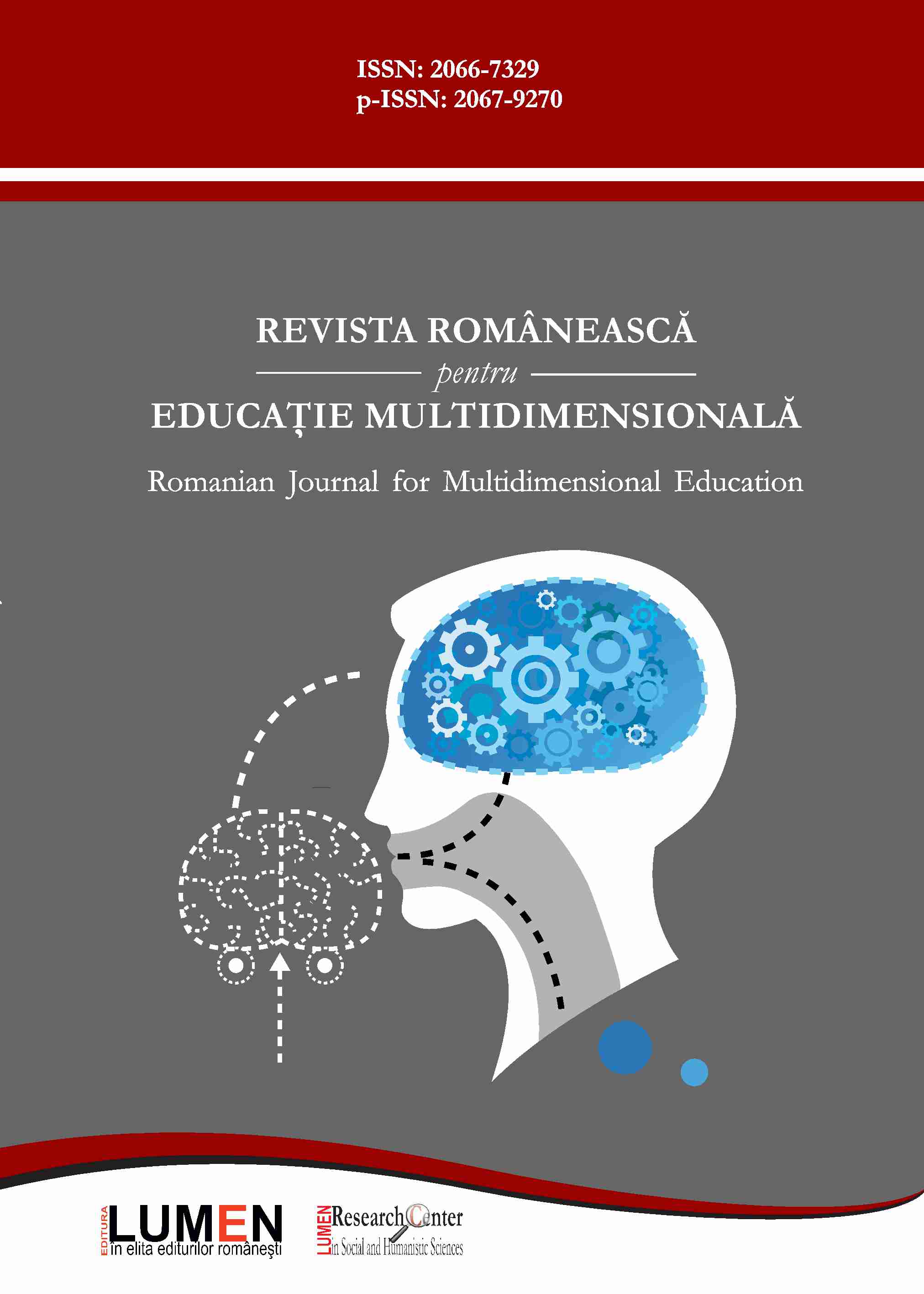Formation Of Emotional-Volitional Culture Of Future Policemen In The Course Of Vocational Training
Formation Of Emotional-Volitional Culture Of Future Policemen In The Course Of Vocational Training
Author(s): Roman Zelenskiy, Olena Popova, Volodymyr Sokolovskyi, Mykola StashchakSubject(s): Essay|Book Review |Scientific Life
Published by: Editura Lumen, Asociatia Lumen
Summary/Abstract: The article is devoted to revision of a problem of formation of the emotional-volitional culture of future policemen in the course of vocational training. It is predetermined by the increase of intensity and force of stressful factors which influence negatively on their mentality, moral and physical state during performance of professional duties. At the stage of theoretical development of a problem was made a hypothesis that formation of emotional-volitional culture of future policemen will be effective if in the course of their vocational training provide the following issues: 1) development of resistant motivation in cadets to mastering emotional-volitional culture as professionally significant quality; 2) application of pedagogical tools in educational process (forms, methods, means) which requires demonstration of emotions and volitional qualities of the personality; 3) stimulation of cadets to self-improvement of emotional-volitional culture. For testing the made hypothesis were used the following methods: theoretical (philosophical, psychological and pedagogical analysis with the purpose of conceptual construct determination and grounds of pedagogical conditions of formation of emotional-volitional culture of future policemen); empirical (questioning, testing, conversations, polls, pedagogical experiment); mathematical statistics (arithmetic mean of , Pearson criterion χ?). 358 cadets from Kharkiv National University ofInternal Affairsparticipated in a research. They formed the experimental group (180 persons) and the control group (178 persons).Results. The efficiency of pedagogical conditions implementation of formation of the emotional-volitional culture of future policemen in the course of vocational training was proved during the experimental work which included classes, extracurricular educational activities, in particular, the educational club «Fan of extreme» and also practical training of cadets. In a general number of cadets with the high level of formation of emotional-volitional culture in the experimental group increased by 30% whereas in a control group the appropriate increase was only 12%. At the same time, the number of cadets with the low level of formation of emotional-volitional culture decreased in the experimental group by 24%, in control group by 18%.Conclusions. Defined pedagogical conditions of formation of the emotional-volitional culture of future policemen were checked by scientific experiment and could be realized in the course of vocational training at the higher education establishments of Ministry of Internal Affairs of Ukraine.
Journal: Revista Românească pentru Educaţie Multidimensională
- Issue Year: X/2018
- Issue No: 2
- Page Range: 198-209
- Page Count: 102
- Language: English

